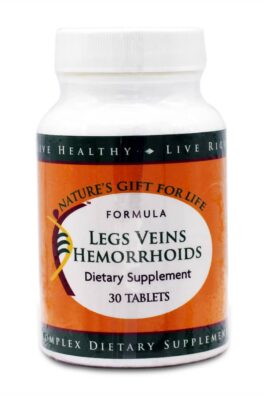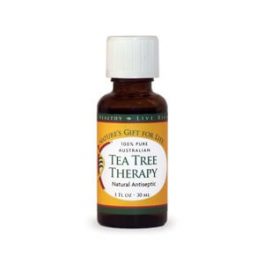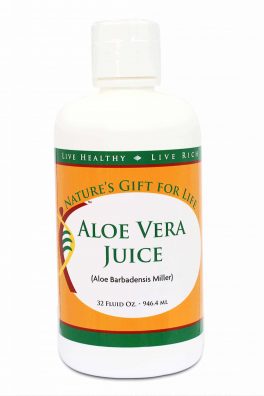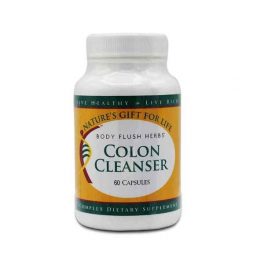Hemorrhoids
DOCTORS RECOMMENDED PRODUCTS
-
Hemorrhoids
Leg Veins/Hemorrhoids (Hemorrhoids)
0 out of 5(0)
Benefits of Leg Veins/Hemorrhods product for (Hemorrhoids)- Leg Veins/Hemorrhoids (Hemorrhoids)
- has anti-inflammatory and vein constricting properties that are believed to shrink swollen tissue and strengthen and tone veins and capillary walls
- Supports and strengthens overall integrity of the veinous system
>>>Read More
SKU: n/a14,260CFA
Hemorrhoids are veins in the rectal or anal area that have become swollen. The veins lose their elasticity and enlarge, which results in painful sac-like bumps
that invade the anal canal. Hemorrhoids usually result in painful bowel movements, and they can cause rectal bleeding.
The condition may occur inside the entrance to the anus (interior hemorrhoids), outside the entrance to the anus (exterior hemorrhoids), or can be prolapsed (protruding outside the anus). A blot clot (thrombosis) may form in the vein, making the hemorrhoid more painful and sometimes requiring surgical treatment.
Hemorrhoids are very common and can develop at any age, but they are most common between age 50 and 70. Causes include: constipation, poor diet, sedentary lifestyle, heavy lifting, obesity, liver damage, and food allergies. They can also be caused by straining during bowel movements due to chronic constipation. Hemorrhoids frequently occur during pregnancy and after childbirth due to hormonal changes and pressure from the growing fetus.
Symptoms of hemorrhoids include burning, itching, inflammation, irritation, above normal moisture around the rectum, sensitive or painful lumps or bulges, and bleeding in and around the anal area. The bleeding is often bright red, which can be alarming, but is not a sign of a serious digestive disorder when it is associated with hemorrhoids. In the case of internal hemorrhoids, you may notice blood in your stool, in the toilet bowl water, or on the toilet paper following a bowel movement.
Caution: Rectal bleeding and bloody stool can be an indication of a more severe problem, and professional medical diagnosis is recommended.
Healthy Things You Can Do
To Prevent Hemorrhoids:
• Keep stools soft so they pass easily, thus decreasing pressure and straining. A high fiber diet is necessary for healthy bowel movements and is one of the best ways to prevent hemorrhoids.
Vegetables, whole grains, wheat bran, and fresh fruits are good sources of dietary fiber. A fiber replacement can also help, but it is important to start gradually to avoid bloating and diarrhea.
• Drink plenty of fluids to help prevent constipation. Avoid fats, coffee, alcohol, animal products, hot spices, and red meats.
• Exercise, including walking, helps reduce constipation and straining by softening stools.
• Empty bowels as soon as possible when the urge occurs.
• Strengthen your veins through bioflavonoid supplementation.
To Soothe and Care for Hemorrhoids:
• Warm sitz baths for 10 to 15 minutes, one to two times per day can ease the pain. Or you may soak in a tub with 10 drops of tea tree oil in the water instead of a sitz bath.
• Try not to strain when moving the bowels, and stay on the toilet no more than 10 minutes at a time to keep blood from pooling in the hemorrhoid tissues.
• Do not scratch the area. Avoid pressure; sit on an inflatable ring or soft cushion.
• Wear cotton undergarments.
• Keep the anal area clean and use soft toilet tissue or moistened baby wipes. Avoid toilet tissue with perfumes or colors.
• Practice proper lifting techniques (bend your knees, not your back). Avoid sitting or standing for prolonged times.
See your doctor if home treatment brings no relief. See the brochure on Constipation for more information on bowel health Natural Alternatives for




